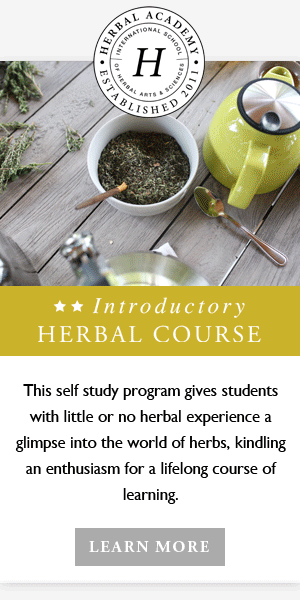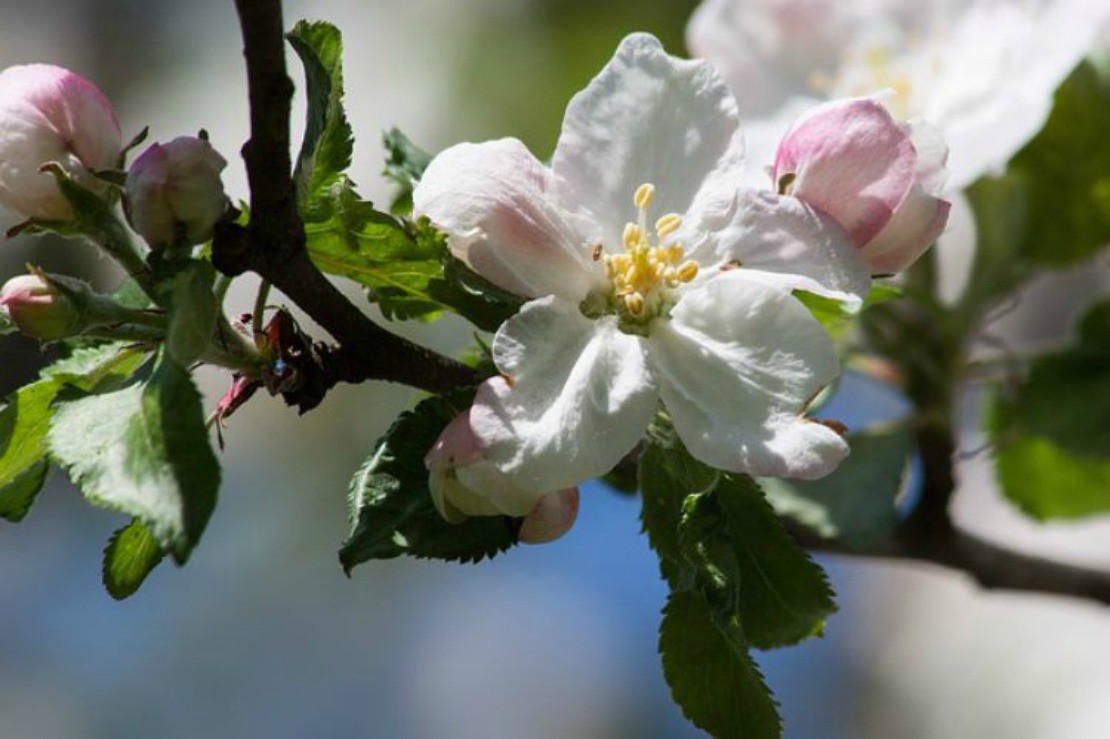
Learning About The Rose Family With Kids
Did you know that the beautiful rose is part of a large family of plants that many of us know and love? The Rosaceae family, among its many members, is comprised of plants such as hawthorn, apple, pear, strawberry, and raspberry as well as plants with stone fruits like peach, cherry, plum, and even almonds. All these commonly known plants with their delicious fruits make the rose family a wonderful plant family for teaching kids about botany.
How To Tell If A Plant Is In The Rose Family?
Take a look around with your child in the garden, on walks, and even in the grocery store for plants in the rose family. See if you can find any of the shared characteristics described below in the plants and fruits you find. To help you, please visit Introduction To Herbs For Kids: Meet My Friend Herb Part 2, for a mini-lesson in botany which will assist you and your child in understanding the terms used below.
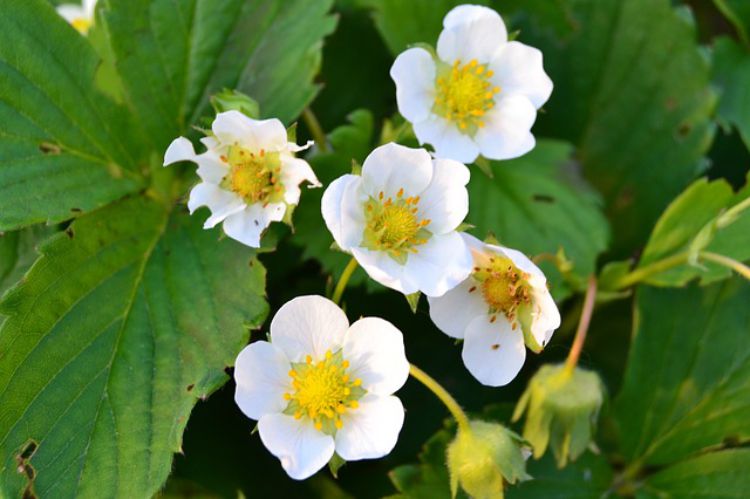
Rose Family Flowers
Beside the delicious fruit of the more well-known members of this family, plants in the rose family share other common characteristics that can help us identify them. Most notably, the flower parts tend occur in sets of five.
This means that you will find:
- 5 flower petals, all occurring in a uniform circular pattern
- 5 sepals
- 5 stamens, often times occurring in multiples of 5
When you look at a flower you can count the number of petals, sepals and stamens to help determine if it is in the rose family. Also at the base of some fruits such as pears, apples, and rose hips you may find the dried sepals forming a star with five points.
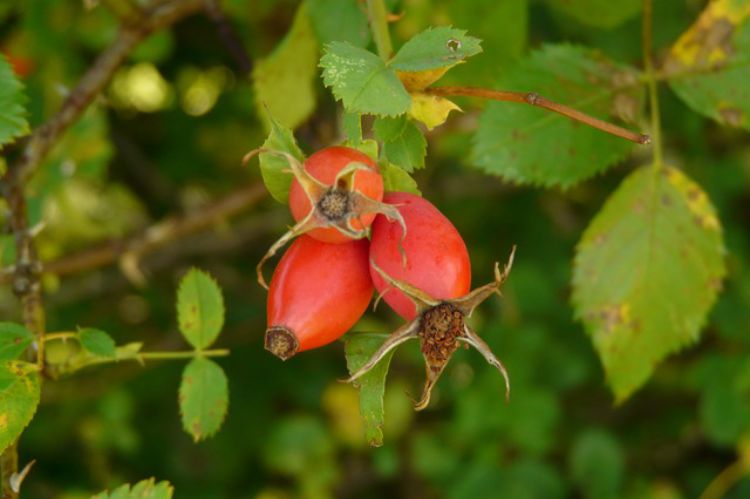
Apple Star Activities
Have you ever cut an apple in half crosswise? Inside you will find a five-pointed star! The points are made from the seeds nestled inside five ovaries. As the seeds grow they form a star. Sometimes the star won’t be complete, that is because all the seeds were not fertilized. The five-pointed star inside an apple is an example of the pattern of fives that helps to distinguish the rose family.
Cut an apple crosswise with your child and look for the magic star hidden within. Before cutting the apple in half ask your child what they think is inside? After you cut the apple you can either enjoy eating it or use it to make apple prints and capture the beauty of the star.
Watercolor Apple Prints
Materials:
Apples
Popsicle sticks, optional
Heavy paper
Watercolor paint
Water cups
Paint brushes
Instructions:
Cut one or more apples in half crosswise.
Push Popsicle sticks into the outer part of the apples to make them easier to hold.
Paint the cut part of the apple with watercolor paint and then place it firmly on the paper to make a print of the apple.
Continue stamping the apple and fill in the paper as much as desired.
Combine multiple colors of paint side-by-side to create a colorful look!

Leaves & Stems Of The Rose Family
Common characteristics of leaves and stems in the rose family are:
- Simple or compound leaves
- Oval leaf shape
- Serrated leaf margins
- Stipules where the leaf joins the stem
- Thorns or prickles may be present
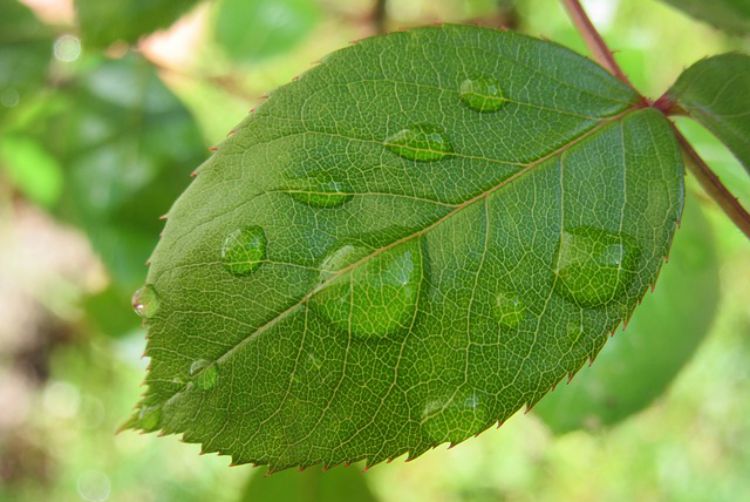
Leaves in the rose family tend to be simple or compound with an oval shape and serrated margins. Serrated margins are similar to the toothed margins examined in our kid’s botany lesson, however the pattern of serrated leaves tends to be smaller and look more like the edge of a serrated knife or saw. The leaves are often arranged in an alternate pattern on the plant stem. Stipules which are often present as well. Stipules are little “leaf-like growths” that occur where the leaf joins the stem (Elpel, 1996, pp.87). The presence of stipules in combination with other characteristics is another important way to distinguish the rose family from other plants. Also there may be thorns or prickles on branches and stems in this family. Take time to look at leaves and stems from many different members of the rose family with your child. Do you notice any of the characteristics described above?
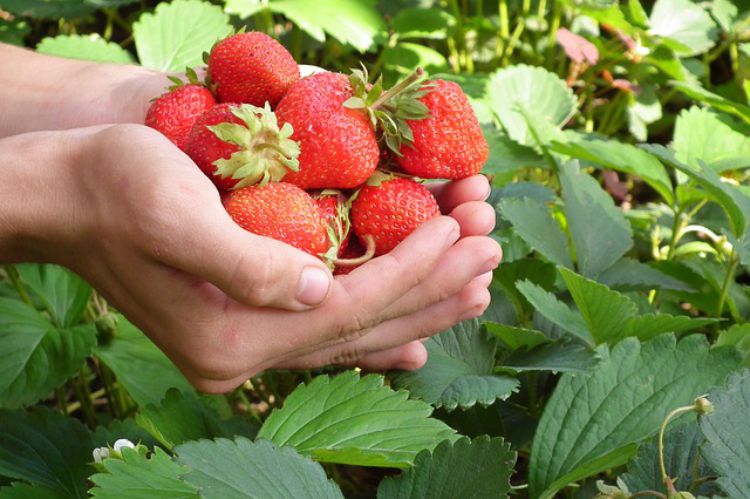
Rosy Family Fruit Salad
Apples
Pears
Plums
Apricots
Peaches
Nectarines
Cherries
Strawberries
Raspberries
Blackberries
Other ingredients to gather:
A big handful or two of fresh, organic rose petals
Honey
Lemon or orange juice
Rose water
Chopped, roasted almonds, optional
Whipped cream or yogurt with a bit of rosewater mixed in for a delicious optional topping
- Help your child chop up the fruit you have chosen into bit size pieces. Take some to notice the seeds of each fruit. How are they different? How are they the same? Do you notice any patterns?
- Have your child help to remove the tiny white nib from each of the rose petals. This is the place where the rose petal was attached to the flower.
- Chop the flower petals up. Young children can use a pair of child-safety scissors to help.
- Mix the chopped roses in with the fruit.
- In a separate bowl make a lovely dressing with the honey, citrus juice and rosewater. Rosewater has a strong floral flavor, so you will probably only need a little bit. Taste the dressing as you go and find the perfect taste for you!
- Add the dressing to the fruit and roses. Mix well and let sit for at least 20 minutes before serving.
- Right before serving, place a dollop of whipped cream or yogurt and a sprinkle the chopped almonds over the fruit, is using.

Get to know even more about the Rosaceae family by learning about its most beloved member, the rose. Rose is a helpful herb for families; its hips are an amazing superfood; and happily, rose is a wonderful herb for summer!
REFERENCES
Elpel, Thomas J., (1996). Botany In A Day. Montana: HOPS Press.
Rosaceae. (n.d.). Retrieved on 8/1/15 from http://herbarium.usu.edu/taxa/rosaceae.htm
Zomlefer, Wendy B. (1994). Guide To Flowering Plant Families. London: The University of North Carolina Press.

